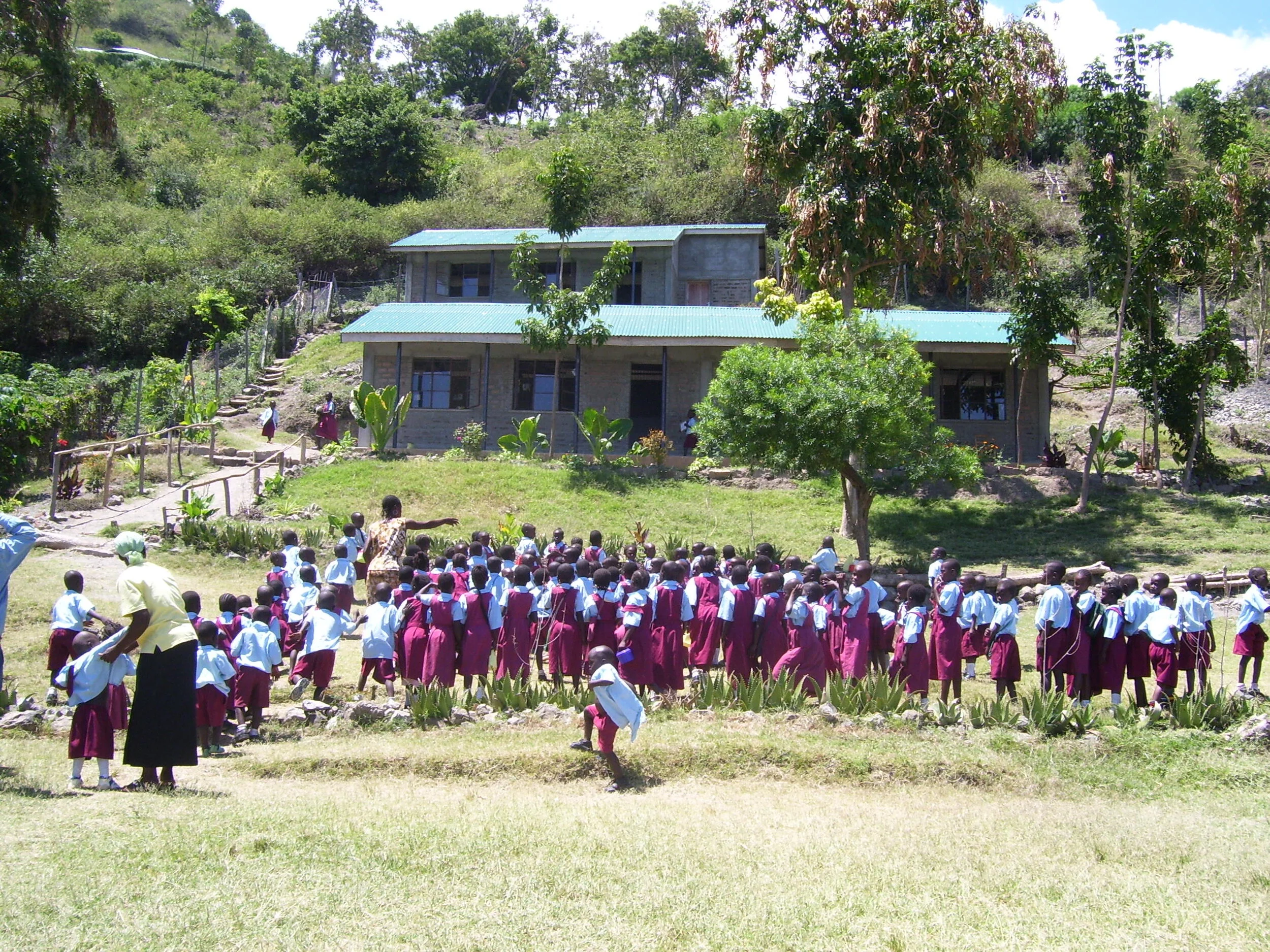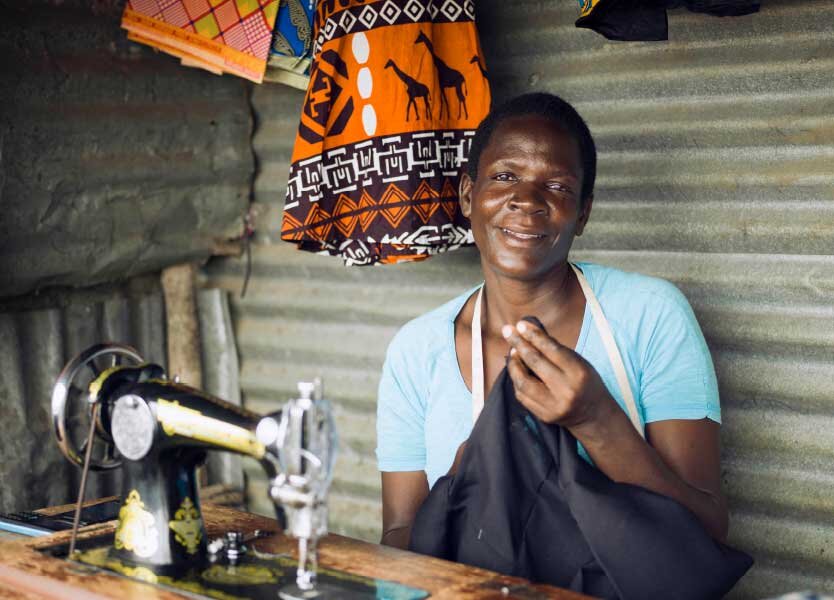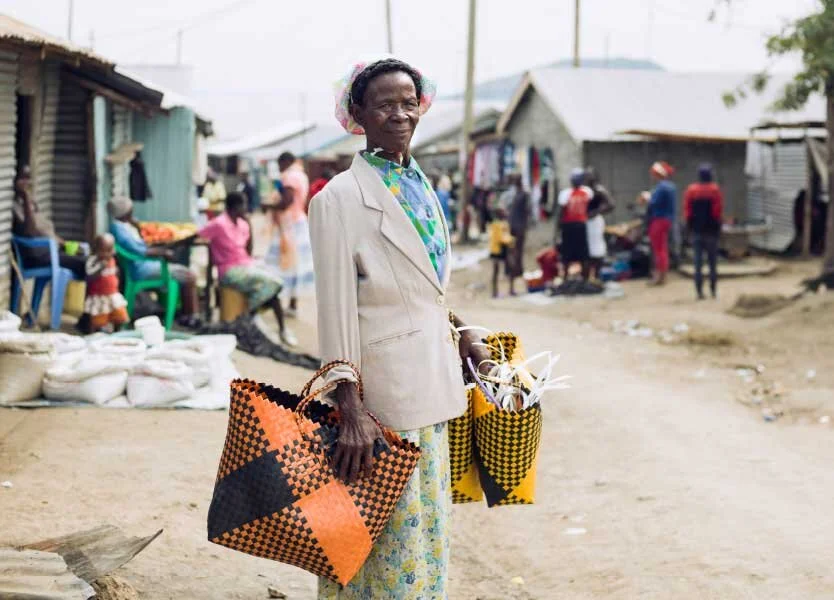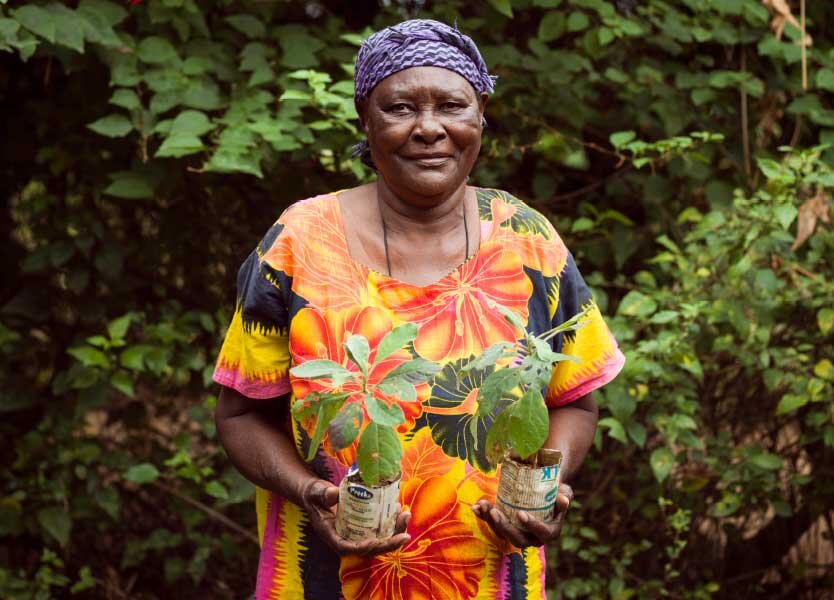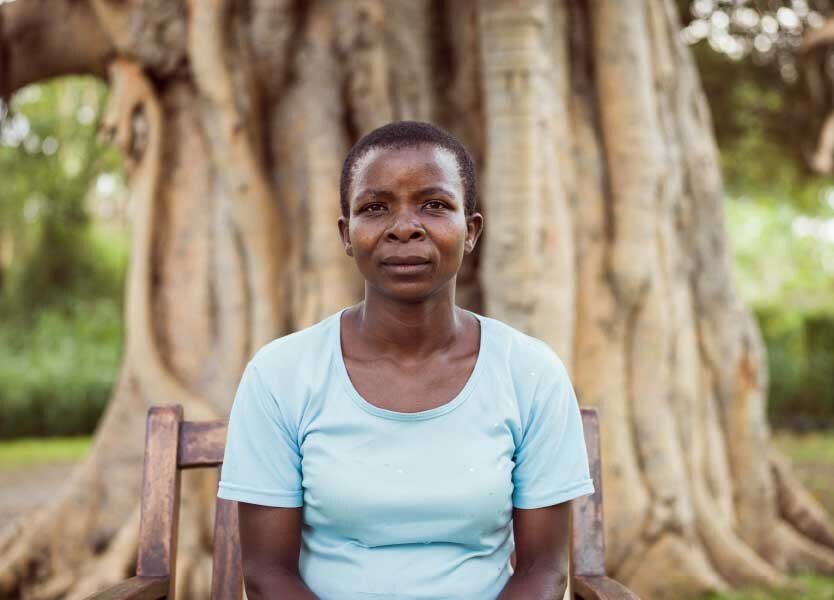Success Stories kenya
SAMUEL ODHIAMBO ORERI
“IT WAS IMPOSSIBLE TO GET ANY HEALTHCARE ON THE ISLAND BEFORE KAGENO BUILT THE NYAKWERI CLINIC.”
HEALTHCARE
I am Samuel Odhiambo Oreri a resident of Mfangano Island. I have a wife and 5 children. It was impossible to get any healthcare on the island before Kageno built the Nyakweri Clinic.
I have asthma and often suffer attacks that threaten my life. Having the clinic near my house is important to my heath and helps me manage my illness. My daughter is also asthmatic and receives treatment at the clinic. And My youngest born daughter was delivered at the clinic.
I am blessed that Kageno continues to support the clinic and I recommended it to all members of the community.
Video Narrated by Dr. Paul Farmer
Beatrice Ouma
“My job at the Kageno school is extremely important to my small family, because my husband is a fisherman and fishing is unpredictable.”
TEACHER + EDUCATION + INCOME GENERATION
I am Beatrice Ouma. I am a teacher at the Kageno school on Mfangano Island in Kenya.
Kageno hired me in 2012 and I have tried my best, working diligently to ensure maximum benefit to the school children. I gave up my studies when I got married, but I recently registered for school and will pursue my ambition to qualify as an Early Childhood Development Educator.
My job at the Kageno school is extremely important to my small family, because my husband is a fisherman and fishing is unpredictable. We are able to budget our money so as to live within our means and provide for our two children.
Thanks to Kageno we have a regular income we can rely on.
eunice
“I was one of the first women to receive a microloan from Kageno.I used the loan to buy a sewing machine. The income I earn pays to keep my children in school and improve my home.”
MICROLOAN + CRAFT MAKING
My name is Eunice I was one of the first women to receive a microloan from Kageno. My shop is in Kolunga Beach on Rusinga Island Kenya. I used the loan to buy a sewing machine and it has served me well. I make most of my money sewing school uniforms for the local people.
I am grateful to Kageno for loaning me the money to start my business. It now provides a good living for my 4 children and me. The income I earn pays to keep my children in school and improve my home.
Video Narrated by Jacqueline Murekatete
damaris
“I sell casava to the Kageno school and use the money to raise my four orphaned grandchildren.”
AGRICULTURE + INCOME GENERATION
My name is Damaris I am 74 years old, I sell casava to the Kageno school and use the money to raise my four orphaned grandchildren. My main source of income comes from weaving and repairing baskets, a skill I learned in Kageno’s craft program. It is a skill that suits me, as I do not like to be idle.
My baskets are high quality and sell quickly in the town center. I also receive large orders from stores who resell them. Kageno helped me with a microloan to buy materials, which helped me to fill large orders and make a profit. I am grateful to Kageno for teaching me a skill and offering support.
Video Narrated by Drena De Niro
PRISCA
“MY WOOD LOT IS NOW MATURE AND YOUNG PEOPLE COME AND PAY TO CUT WOOD FOR HOUSES AND I HARVEST TWIGS AND CUT SOME MATURE TREES TO SELL FOR FIREWOOD. IF I MANAGE MY TREES WELL THEY SHOULD PROVIDE INCOME FOREVER.”
AGRICULTURE + MICROLOAN + CRAFT
My Name is Prisca, I am 78 years old and live on Rusinga Island in Kenya. I help to care for my grandchildren.
Eight years ago Kageno taught me to plant trees on my property as part of their “Greening Rusinga Initiative”.
My wood lot is now mature and young people come and pay to cut wood for houses and I harvest twigs and cut some mature trees to sell for firewood. If I manage my trees well they should provide income forever.
Kageno also taught me to make baskets and bags in their craft project and I also earn money selling them.
I am grateful that Kageno works in my community and helped provide me with the skills and opportunity to earn money for my family.
Video narrated by Maggie Q
HARISSON OURU
“ I BEGAN GROWING RIGHT AWAY AND HAVE HARVESTED TOMATOES REGULARLY FOR FIVE YEARS NOW; THANKS TO THE SKILLS, ENCOURAGEMENT, AND EDUCATION I GOT THROUGH KAGENO.”
EDUCATION + MICROLOAN + AGRICULTURE
I am Harisson Ouru, a 57 year old father of three sons and two daughters. In September 2012, I attended a social meeting at Kageno’s school. I listened to a speaker who encouraged rural people to develop entrepreneurial skills. I listened keenly as the speaker took the audience through the many possible ways one could get develop a business income.
I had been a fisherman but left because, as the speaker emphasized, the increasing population was putting too much pressure on the fisheries and people needed to look to other industries for income. I was attracted to the options of agriculture, which was one of the industries the speaker recommended.
I began to look for more information on horticulture, especially growing tomatoes a very popular food in Kenya. The modern ways of farming intrigued a number of us and Kageno brought in a speaker to teach us some of the new methods of farming. I began growing right away and have harvested tomatoes regularly for five years now; thanks to the skills, encouragement, and education I got through Kageno.
I have even received a microloan from Kageno to help grow my farming enterprise. Kageno’s help has enabled me to send all four of my children through school and college.
NAOMI
“MY AUNTY TOOK A LOAN FOR ME FROM KAGENO.I TURNED TO MAKING UJI AND ESTABLISHED A GOOD NUMBER OF REPEAT CUSTOMERS AND MY BUSINESS BECAME STABLE.”
MICROLOAN + AGRICULTURE
I dropped out of school fifteen years ago, when I had a baby. I had to find a way to support myself and my child. I turned to the sardine (omena) business because it was a thriving commercial activity in my lakeside community.
I would buy fresh omena from fishermen early in the morning when they reach the shore, sun-dry it and then sell to other traders in late afternoon. I operated from Kolunga beach on Rusinga Island. The trade became very competitive and there were not enough fish for people to trade even with ready cash in hand. The fishermen developed a practice of demanding sex for access to fish. It became known as ‘Jaboya’. The fishermen liked variety and as a young woman, I had to participate to ensure I remained in business.
AIDS had become a reality and I saw other women around me deteriorate in health and die. For two years I participated in this system.
Finally, I had to break from the shackles of Jaboya when the fishermen started demanding unprotected sex as a sign of loyalty in order maintain my access to omena.
In 2006, my aunty took a loan for me from Kageno. I turned to making uji a local (porridge) I established a good number of repeat customers and my business became stable. I felt my self-esteem grow. Without Kageno’s help I would not have been able to break the chain of Jaboya.
CHECK OUT OUR SUCCESS STORIES IN RWANDA

